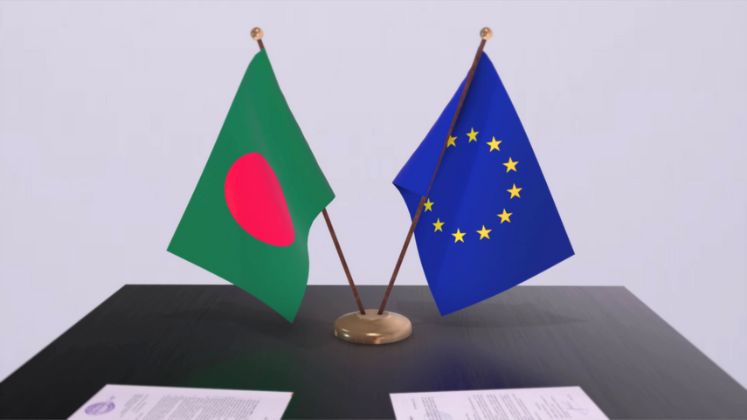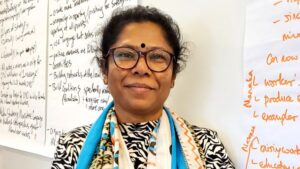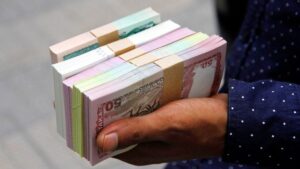
In Bangladesh’s rapidly growing renewable energy sector, the European Union (EU) has found several areas for cooperation, especially with regard to the ready-made garment (RMG) sector, which is vital to the nation’s economy. Michael Miller, the EU’s ambassador to Bangladesh, emphasised the possibility of quick growth in renewable energy facilities in a nation with little renewable capacity at the moment.
Ambassador Miller underlined the EU’s commitment to investing in sustainable initiatives between 2021 and 2027, mobilising up to €300 billion to solve partner nations’ urgent needs while benefiting local people in an interview with the local media.
According to Ambassador Miller, the EU has already started funding initiatives to help vital infrastructure like power plants and reliable electricity networks, such as the €400 million raised during the Global Gateway Forum. Given its substantial environmental effects, the ambassador emphasised the significance of decarbonising sectors, especially the RMG industry.
“We concentrate on the textile industry, which is a significant polluter, as we work to expand renewable energy capacities. In order to counteract the effects of climate change in Bangladesh, efforts to improve environmental standards in RMG are essential,” he continued. With a focus on getting ready for the next COP29, the EU is presently holding talks with Bangladeshi officials, including Environment, Forests, Climate Change, and Water Resources Adviser Syeda Rizwana Hasan, to investigate creative solutions to climate concerns.
Bangladesh, which is extremely susceptible to the effects of climate change, has become a global leader in climate resilience, according to Ambassador Miller. Given Bangladesh’s need for strong engagement on climate adaptation and mitigation initiatives, the EU wants to strengthen its relationship with the country.






